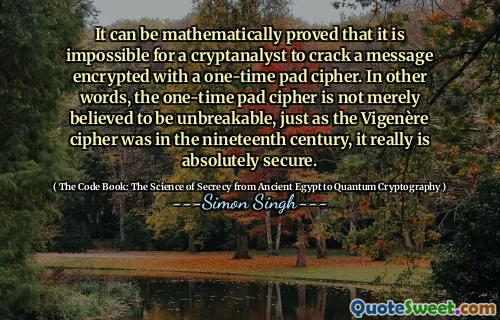
The easiest way to steal a man's wallet is to tell him you're going to steal his watch.
This quote highlights the power of distraction and psychological manipulation. Often, people's attention is disproportionately focused on what they believe is most valuable or most obvious. In this case, by warning someone about an upcoming theft involving their watch—a personal, valuable item—they shift their focus away from their wallet, which may be more accessible or easier to take unnoticed. This principle can be extended beyond physical theft; it underscores how in various situations, diverting attention and creating a sense of security can open the door for less obvious forms of deception or mischief. Understanding this dynamic equips individuals to be more vigilant about what they prioritize and alert to distractions designed to divert their focus. It reminds us that perceptions of danger or importance can be manipulated to serve someone else's interests, whether in crime, negotiations, or everyday interactions. Recognizing such tactics nurtures skepticism and strengthens personal security, both physical and psychological. Moreover, this quote also serves as a metaphor for life's many distractions—how interventions and warnings can sometimes serve as echoes that draw focus away from what truly demands our scrutiny. It's a tale of caution, reminding us to stay alert and examine where our attention is directed, especially when someone might be offering us a pretext to overlook what truly matters or what might be vulnerable. In the broader context, it reflects the importance of critical thinking and mindfulness in safeguarding ourselves from both subtle and overt manipulations.











